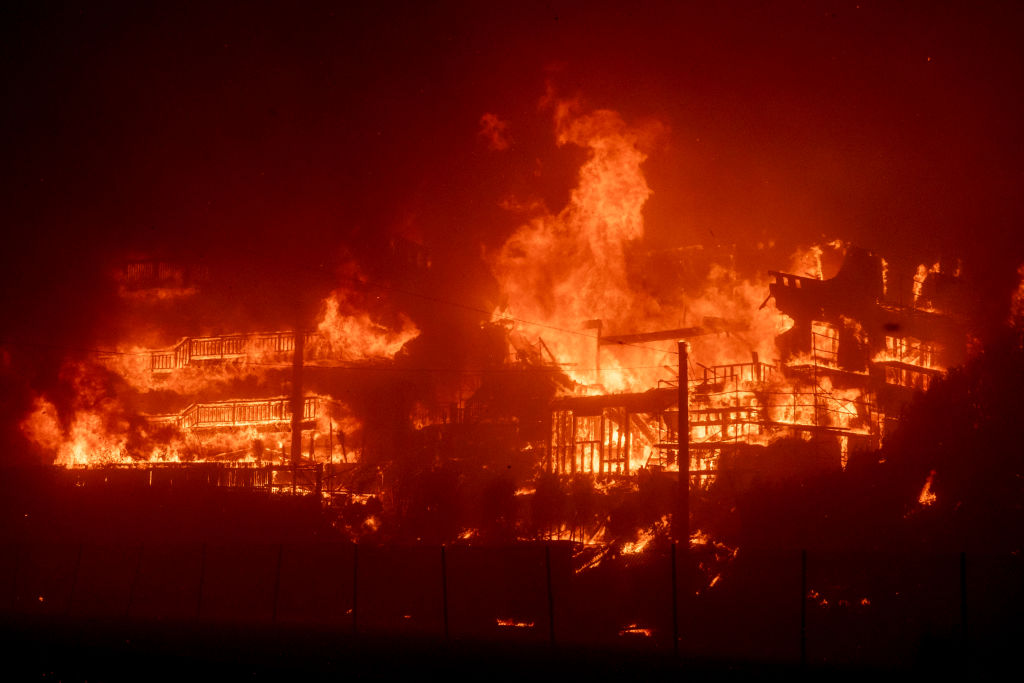Amid escalating gun violence and an intractable opioid epidemic, Philadelphia’s top prosecutors agree on very little.
Almost immediately after taking office, District Attorney Larry Krasner removed cash bail recommendations for low-level offenses, required prosecutors to reveal the cost of incarceration before sentencing and dropped criminal charges on dozens of marijuana possession cases.
His regional counterpart, U.S. Attorney William McSwain, who was appointed by President Donald Trump, has repeatedly called Krasner’s reforms dangerous.
“There is a battle going on right now for the soul of Philadelphia,” McSwain said. “If we want to continue to grow, if we want to continue to thrive … it needs to be a safe environment.”
For many residents, Philadelphia does not feel safe.
More than 30 people were shot during Father’s Day weekend in almost every part of the city. Few neighborhoods were spared. Then on Thursday afternoon, a teenager was shot twice in the head, according to police.
Krasner, a vocal opponent of the NRA, wants to see tougher gun laws at the state and federal level, plus stronger diversion programs and educational opportunities.
Local
Breaking news and the stories that matter to your neighborhood.
“What criminal justice reform is really about is making sure we use our resources in ways that prevent crime,” Krasner said. “We know that good schools prevent crime. We know that putting even more people in jail does not.”
McSwain wants to see tougher sentences and more criminals behind bars. A former Marine sniper, McSwain accused the district attorney of overstepping his duties as a prosecutor by “politicizing” law enforcement strategies.
“He is making decisions as if he is a legislator, as if he is a lawmaker, as opposed to what he’s supposed to be, which is a law enforcer,” McSwain said. “We are in the midst of a serious public safety crisis because of the policies that he is pursuing.”
At the center of Krasner and McSwain’s feud is their diverging philosophies on law enforcement, including how to handle non-violent crime, such as retail theft. Krasner has said people caught stealing less than $500 worth of goods would be charged with a summary offense.
McSwain has blamed that policy on an increase in retail theft across the city.
Krasner said the numbers don’t reflect that claim. According to Philadelphia police data, reported retail theft went down 4% in 2018 and arrests were down 23%.
“He’s a liar,” the district attorney said.
The very public clash between Philadelphia’s top prosecutors started almost immediately after McSwain assumed office in June 2018. Two months later, he slammed Philadelphia for a "sanctuary city" policy that, before Krasner's tenure, led to the release from jail of a previously-deported Honduran immigrant who sexually assaulted a child.
Then he attacked Krasner over a “sweetheart plea deal” that led to a 3-1/2- to 10-year sentence for 29-year-old Jovaun Patterson, who shot shopkeeper Mike Poeng with an AK-47 assault rifle in West Philadelphia, leaving Poeng in a coma and then wheelchair.
“When we looked at it we said, ‘This is not justice. This is not right,’” McSwain said.
Unsatisfied with the sentence, McSwain’s office took over the case and charged Patterson under the Hobbs Act, which makes it a federal crime to rob a commercial business. That new case is ongoing, McSwain said, adding that his office is taking on “a large volume of cases the DA would normally be dealing with.”
“Whether that is the smartest thing to do in criminal justice is something people can debate,” cautioned Jules Epstein, professor of law and director of advocacy programs at Temple University’s Beasley School of Law.
It is not unusual for the district attorney, which handles local cases, and the U.S. attorney, which handles federal cases, to overlap during the course of their work. Normally, the two offices would work together when a case necessitates. Otherwise, they operate in different fields.
The trouble starts, Epstein said, if the offices stop communicating altogether.
“The separate issue here is that each office is reflecting a very different philosophy of the role of the prosecutor and what the criminal justice system can and cannot accomplish,” he said.
“Philosophical disagreement between the two leaders does not mean there is a breakdown in communication between the two offices," Epstein added.
One place the district attorney's office and U.S. attorney's office converge is in their relationship with police. Both Krasner and McSwain said they speak with Philadelphia Police Commissioner Richard Ross several times a week.
Ross could not be reached for comment.
Both McSwain and Krasner have accused the other of politicizing their feud, but both offices are political in nature. Krasner was overwhelmingly elected by Philadelphia voters while McSwain was appointed by President Trump.
Viewed through that lens, their public spat could have been anticipated.
“Prosecutors have often been considered, rightly or wrongly, to be a less political office and I think it’s only in this age of mass incarceration … that there has been a real emphasis on prosecutors as accountable to the public,” Lucy Lang, former New York City prosecutor and executive director of the Institute for Innovation in Prosecution at John Jay College, said.
Electing a district attorney is one way voters “want to make their voices heard,” Lang added.



